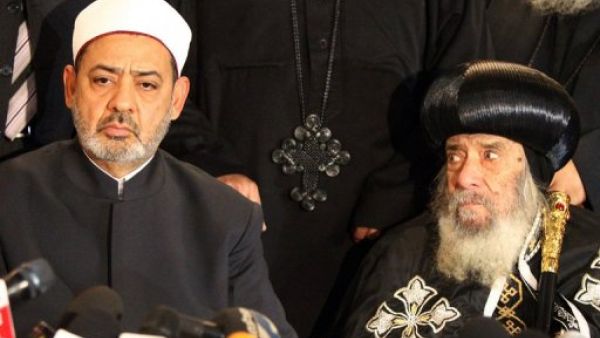We have to admit that Copts, under the ousted Mubarak regime, enjoyed a marked sense of security by virtue of the hard grip maintained by the regime (for its own interest) on Islamist groups such as the Muslim Brotherhood and Salafists.
Even the preachers that adopted a more moderate religious path were prevented from attracting a wide base of youth since an ensuing spiritual awakening would be apt to adversely reflect on the regime itself.
Accordingly, following the January 25 revolution, when the lid was lifted from the once banned groups, Copts found themselves having to deal with a new reality, in which bearded men, whatever their orientation, have come to the forefront.
With emerging fear on the part of Copts and an unmissed inclination for self-assertion of these groups on the street, possibilities for friction to occur were bound to increase.
Ignorance interwoven with hard economic conditions usually provide fertile soil for incitement, which has been the case in a series of sectarian clashes that have taken place in the past few months.
So what is needed of the Egyptians, both Copts and Muslims, at the moment is to decline from being part of a chaotic scene.
Today is not the right time for Camilia, Wafaa, Abeer or whatever such frivolous stories of conversion or non-conversion.








